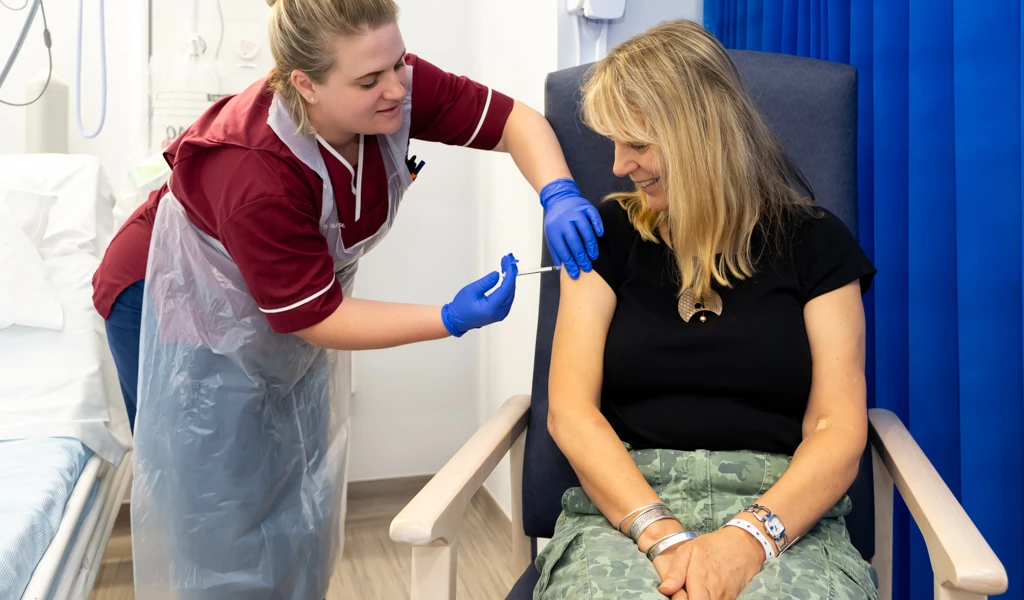Statement from Dr Richard Hatchett, CEO of CEPI, following the G20 Health & Finance Ministers meeting

Dr Richard Hatchett, CEO of CEPI has issued a statement following today's G20 Health and Finance Ministers meeting which urges the G20 to redouble their efforts to end the COVID-19 pandemic and commit funding and leadership to prepare the world for future pandemic threats.
Dr Richard Hatchett, CEO of CEPI, said:
We are living through an epoch-defining moment. COVID-19 represents the second pandemic and seventh global infectious disease crisis since the turn of the century. SARS, Avian Influenza, Swine Flu, MERS, Ebola, Zika, and now COVID: this is not a run of bad luck. The emergence and global spread of these diseases is driven by forces that are constitutive of modernity.
We can celebrate the technological marvel of our vaccines — more than a dozen have received emergency use authorization and almost 7 billion doses have been produced in less than 2 years. But this has not been fast enough.
If we had shared doses fairly, with a goal of protecting the most vulnerable and ending the pandemic, the acute phase of the pandemic would be over, and millions of lives and trillions of dollars would have been saved. As it is, Switzerland has more fully vaccinated people than all the countries of Africa between the Gulf of Guinea and the Arabian Sea.
We know what the G20 needs to do to end this pandemic and prepare for the next one: redouble support for COVAX; Strengthen global political leadership and governance for pandemic preparedness and response; Build a system of predictable and sustainable financing — which must include funding to support R&D and scientific innovation; and Place equitable access at the core of any new governance and financing mechanisms.
But it's critical we are also planning for the next crisis and are better prepared for when it comes.
Because the stark fact is that despite the horrors that we have all witnessed — epidemiologically we were lucky the pandemic was caused by a coronavirus.
Why?
Because the speed of COVID-19 vaccine development was possible only because we had already figured out how to make vaccines against coronaviruses on the RNA and viral vector platforms that have succeeded. Coronaviruses are the only viral family, of the 26 known to cause human disease, for which that is true.
Looking toward the future, CEPI has put forward an ambitious plan for the world, embraced by the G7, to shorten vaccine development timelines to 100 days. A 100-day COVID vaccine would have been available in April 2020. I sincerely believe that such a goal is technologically within reach, with the tools we have now. But delivering vaccines in 100 days is predicated on having done the vaccine design and coordination work in advance. And this work needs to be funded.
What is needed now is determination, funding and leadership.


